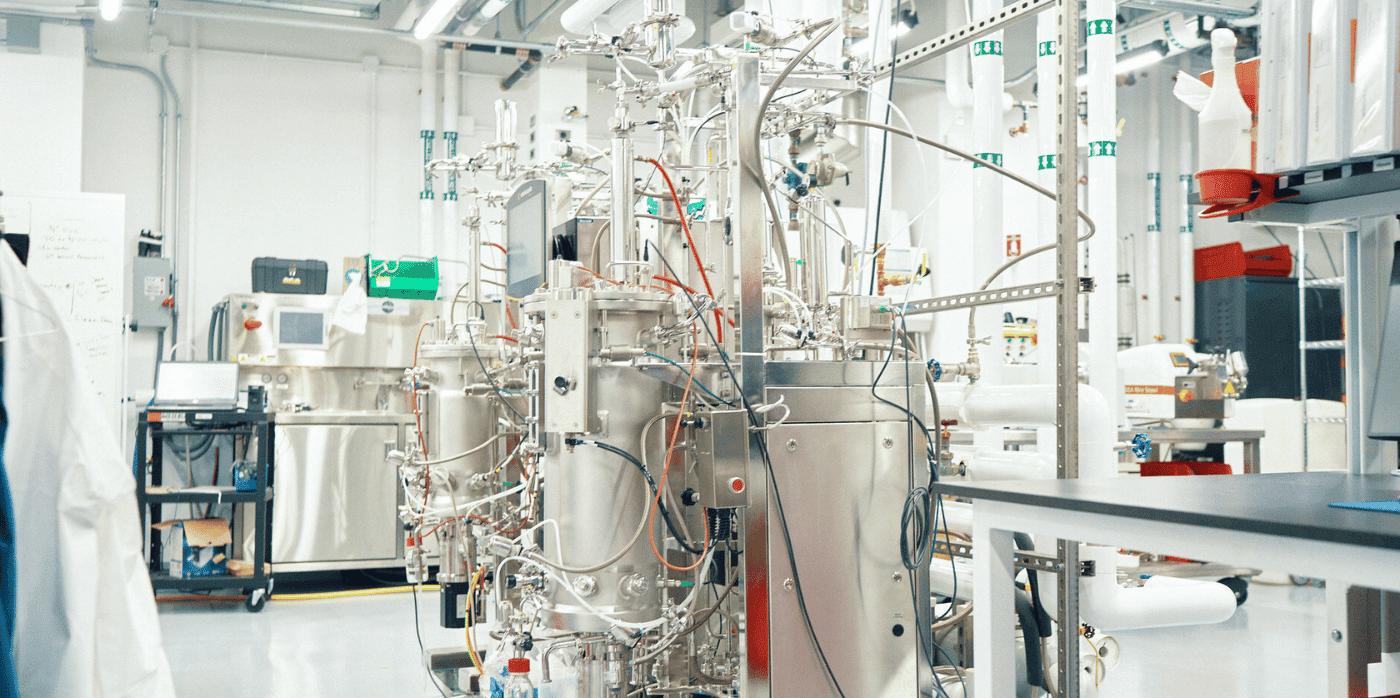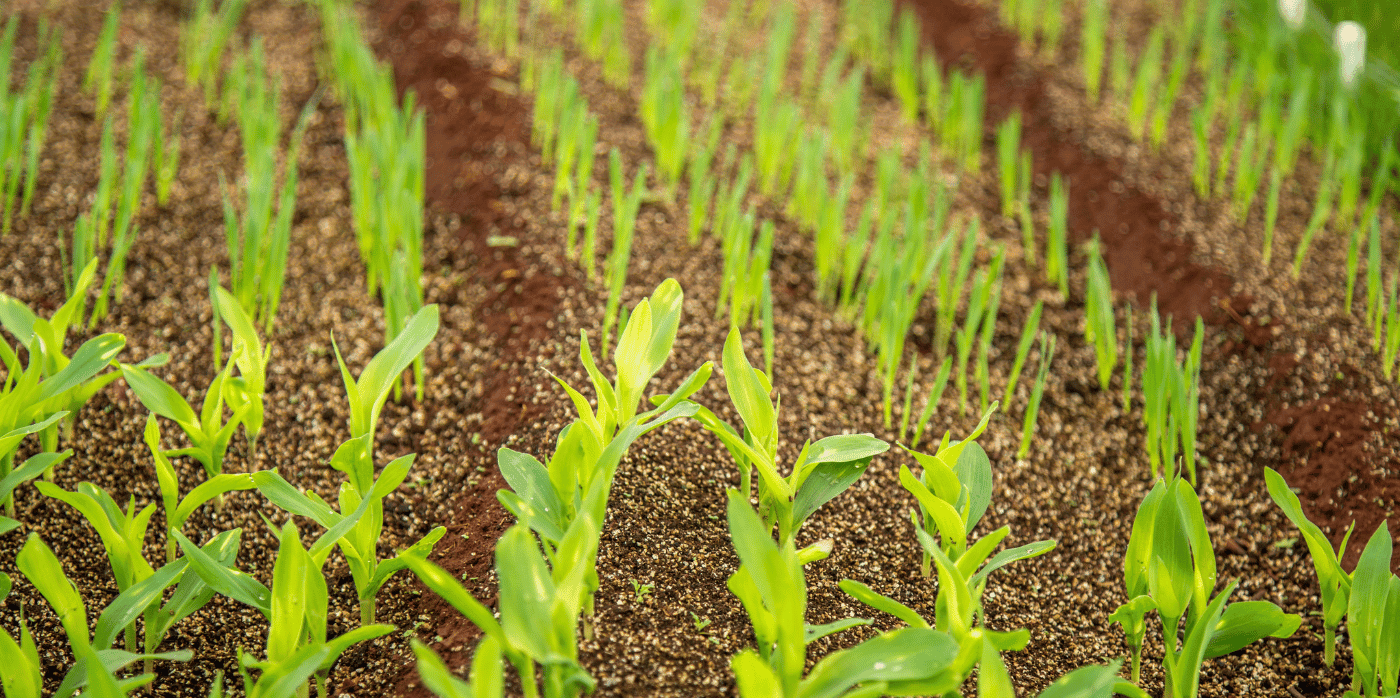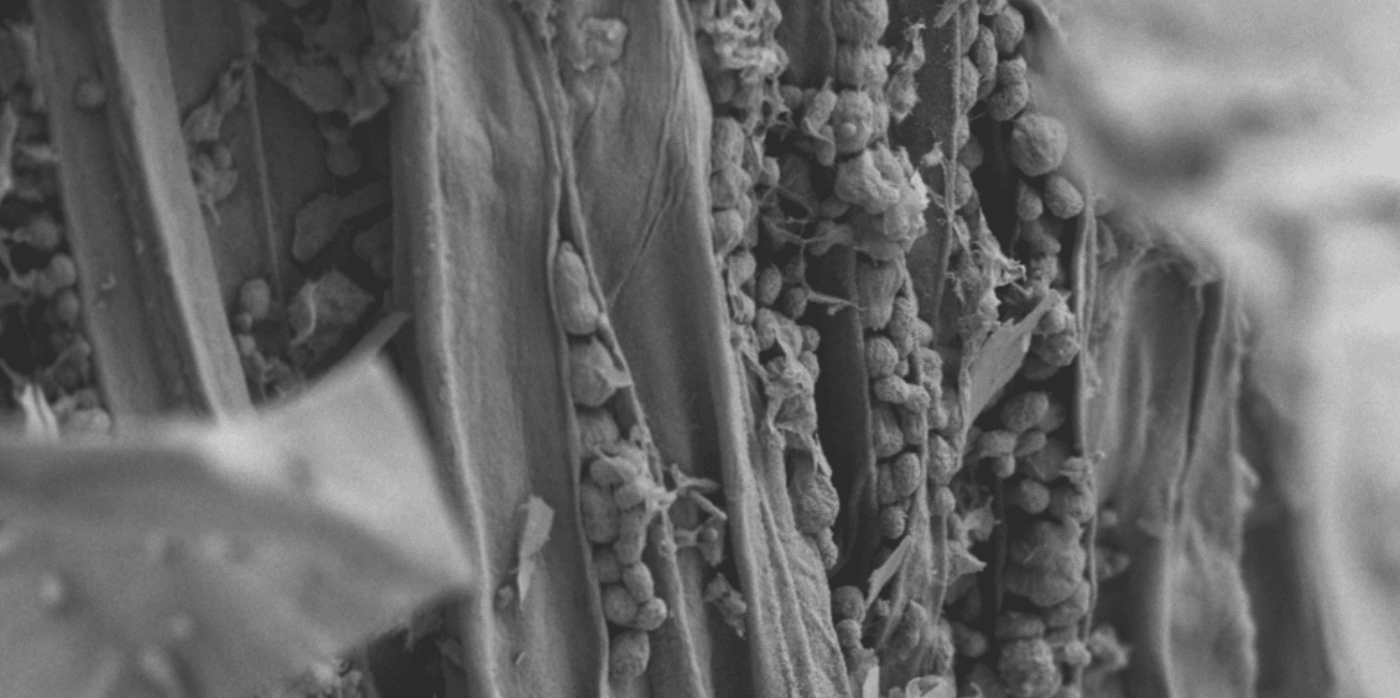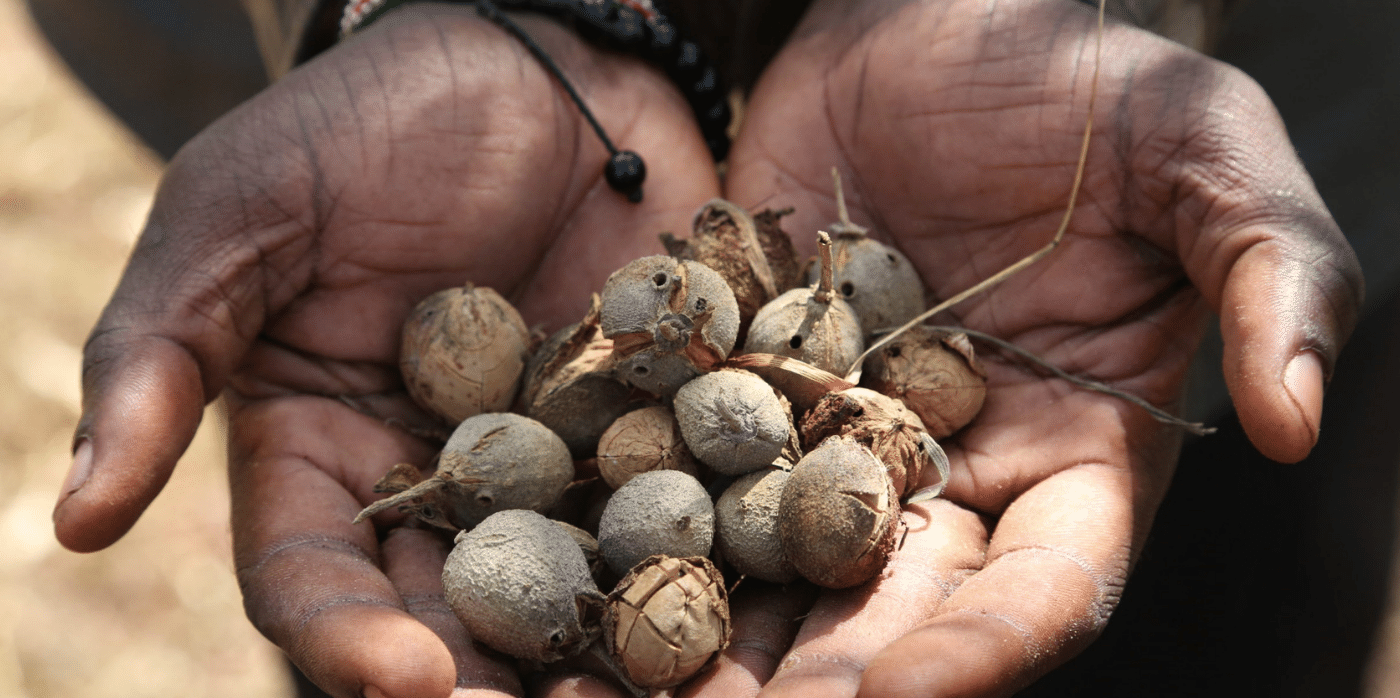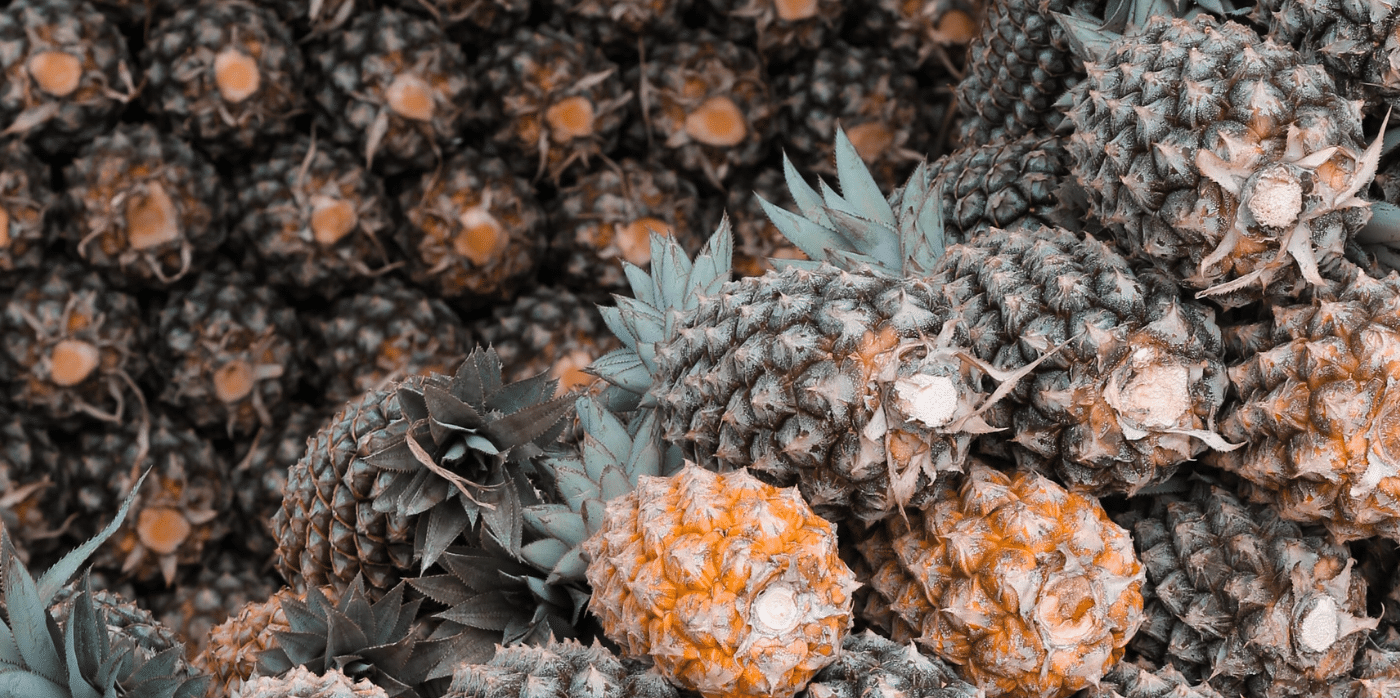Crop care products based on sustainable materials

Spotted: The European Commission is navigating a bumpy path as it attempts to reduce the amount of toxic chemicals in the environment. A proposal on a sustainable use of pesticides regulation (SUR) suggests halving the amount of pesticides in use in the region by 2030 may be debated in early 2024. On the other hand, the revision of a broad chemicals strategy for sustainability appears to be indefinitely paused.
In the meantime, Belgian agritech company Minagro is helping farmers reduce their chemical impact and navigate changing regulations by providing bio-based versions of essential crop care products. With a number of patents already in place, the company provides three different categories of crop inputs. In-can preservatives, adjuvants, and solvents are made from the natural raw ingredients sugarcane bagasse and essential oils.
In-can preservatives help preserve aqueous-based products in their liquid form. Adjuvants help other chemicals work more effectively, and solvents make it easier to spread crop treatments by dissolving certain products. Agrochemical companies can replace standard products with Minagro’s bio-based versions and help farmers reduce the negative impact of their agricultural activity.
The company provides distributors with technical support in formulating just the right mix of its inputs for desired results. All Minagro products are biodegradable, making them an important piece in growers’ transition towards reductions in groundwater pollution and soil damage. And most organic certification authorities allow for the use of Minagro’s biochemicals.
From drone-powered pest control to carbon-neutral fertiliser that improves crop yields, Springwise’s database contains a diverse range of innovations seeking ways to change agriculture for the better while making it possible to feed the growing global population.
Written By: Keely Khoury


